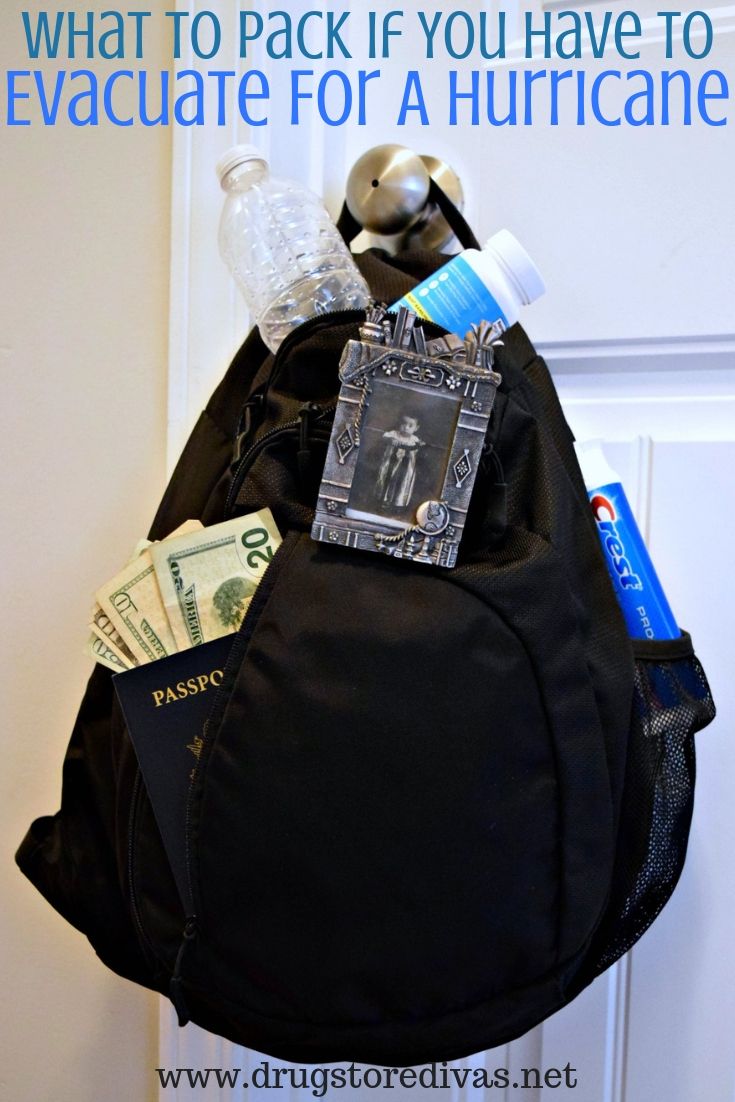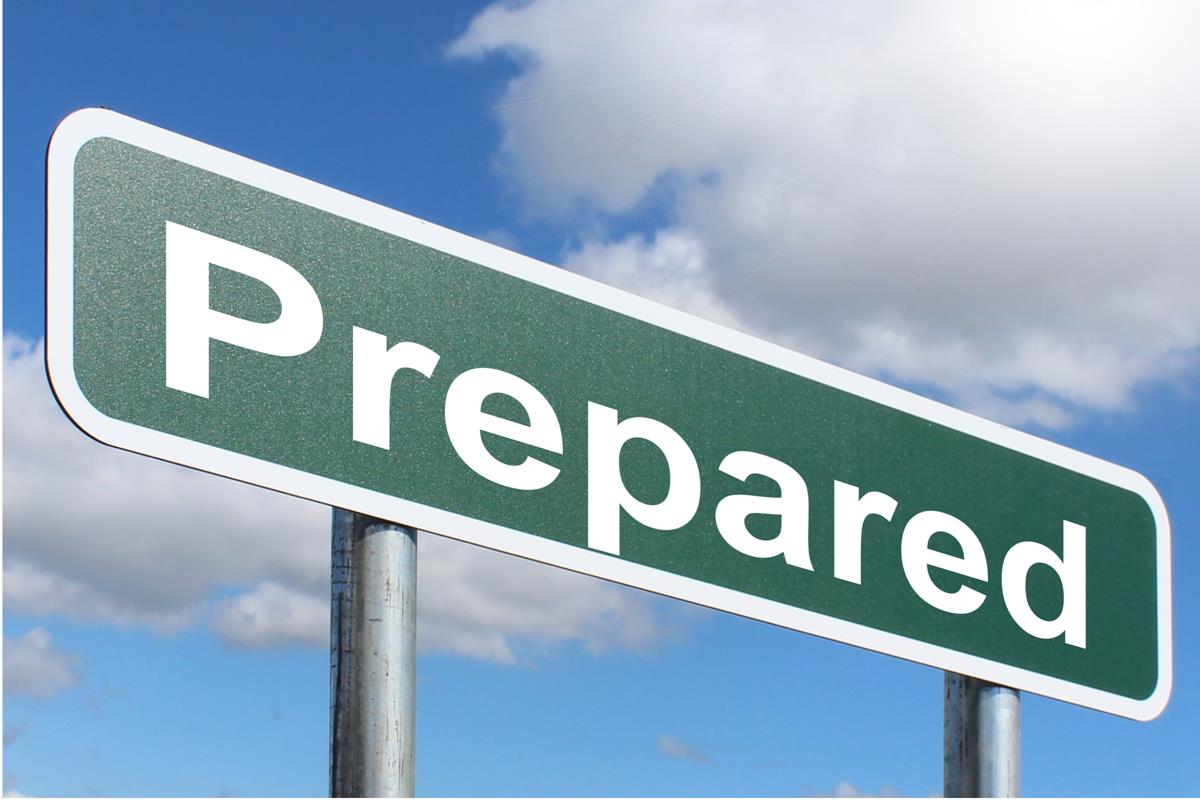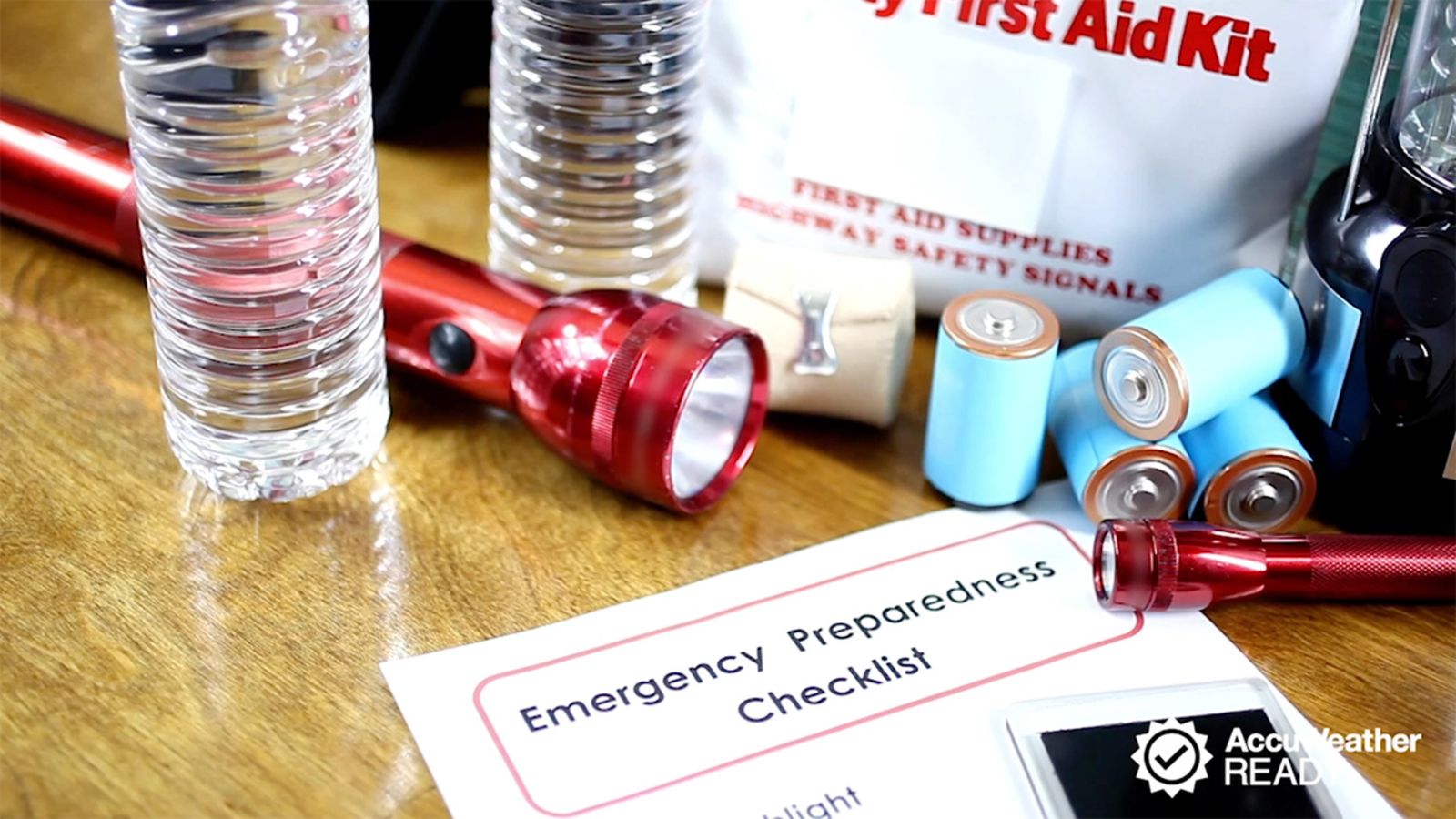Assess Your Situation:
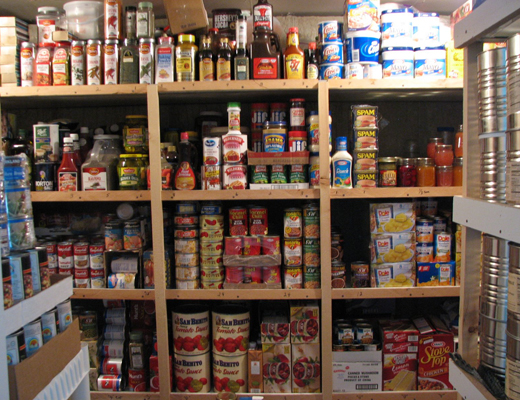
- Identify potential threats and risks in your area, such as natural disasters, civil unrest, or economic instability.
- Determine the resources and skills you have to help you survive in these scenarios.
Create a Plan:

- Develop a comprehensive preparedness plan that outlines your strategy for survival during various emergencies.
- This plan should include communication methods, evacuation routes, and procedures for gathering essential supplies.
Stock Up On Supplies:
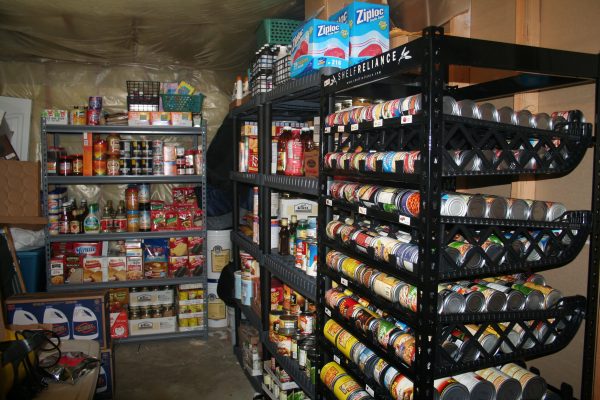
Secure Your Home:
- Reinforce your doors and windows to prevent unauthorized entry.
- Install security cameras and motion-activated lights to deter intruders.
- Have a fire extinguisher and smoke detector on each floor of your home.
Stay Informed:
- Monitor local news and weather forecasts for updates on potential disasters.
- Familiarize yourself with emergency alert systems in your area.
- Have a battery-powered or hand-crank radio for accessing information during power outages.
Develop Self-Reliance Skills:
- Learn basic survival skills such as first aid, navigation, and food preservation.
- Practice these skills regularly to become proficient and confident in using them.
Build a Community:
- Establish relationships with your neighbors and community members.
- Collaborate with others to create a network of support and assistance during emergencies.
- Participate in community preparedness exercises and training programs.
Stay Prepared:
- Regularly review and update your emergency plan and supplies as needed.
- Conduct periodic drills to ensure everyone in your household knows what to do in different emergency situations.
- Be alert and aware of potential hazards and threats in your surroundings.
Be Financially Prepared:
- Set aside an emergency fund to cover unexpected expenses during a crisis.
- Have access to cash and alternative payment methods in case of power outages or disruptions to electronic banking systems.
Stay Mentally and Emotionally Strong:
- Prepare yourself for the psychological and emotional challenges that may arise during an emergency.
- Practice coping mechanisms, such as deep breathing exercises or mindfulness techniques, to manage stress and anxiety.
- Seek support from family, friends, or mental health professionals if necessary.
How To Be A Prepper








